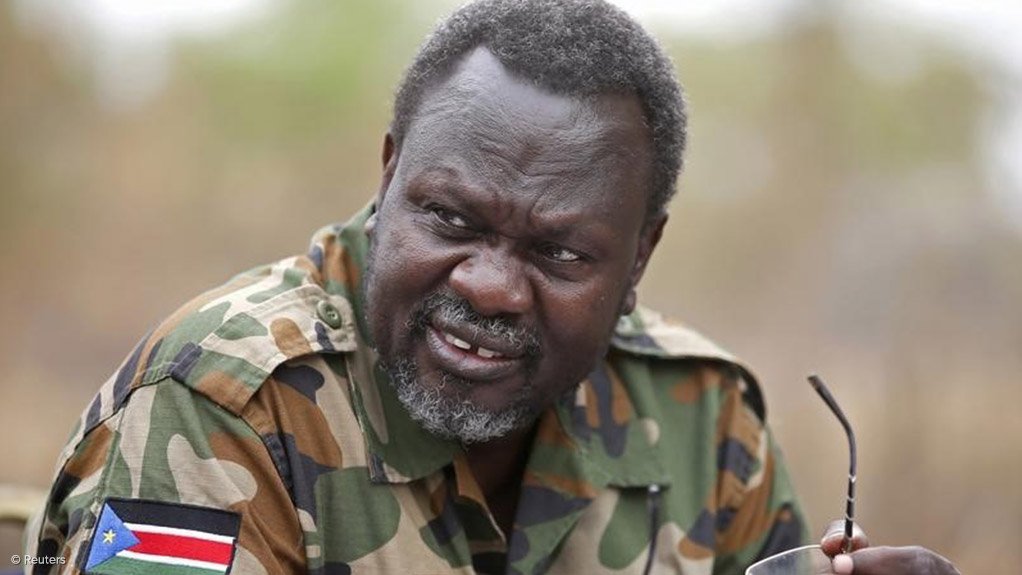South Sudanese forces have detained a high-ranking military official associated with First Vice President Riek Machar and have stationed troops around Machar’s residence, jeopardizing a 2018 peace agreement that concluded a civil war, according to his spokesperson.
Since the 2018 accord ended a five-year conflict between Machar and President Salva Kiir, which resulted in the deaths of hundreds of thousands, South Sudan has officially been at peace; however, violent outbreaks among rival communities still occur frequently.
On Tuesday, General Paul Nang, who leads South Sudan’s defense forces, took into custody one of his deputies, Lieutenant General Gabriel Doup Lam, as security forces encircled Machar’s home, stated Machar’s spokesperson Pal Mai Deng in a late Tuesday announcement.
“This move breaches the Revitalised Agreement on the Resolution of the Conflict in South Sudan and undermines the Joint Defence Board, an essential body of the Agreement tasked with the command and control of all forces. This action jeopardizes the entire accord,” the statement declared.
“We are also deeply worried about the significant presence of SSPDF (South Sudan People’s Defense Forces) around the residence of… Machar,” he added. “Such actions diminish trust and confidence among the parties involved.”
Deng did not provide an explanation for Lam’s detention.
Major General Lul Ruai Koang, spokesperson for the South Sudan army, stated late on Tuesday that he would refrain from commenting on the arrest or the forces surrounding Machar’s residence.
Information Minister Michael Makuei has not yet responded to requests for comments.
The civil war that erupted in December 2013 after Kiir dismissed Machar led to approximately 400,000 deaths, displaced more than 2.5 million individuals, and left nearly half of the country’s 11 million population struggling to secure adequate food.
See More: Pakistan Roundup: Gold rates, Pakistan condemns Israel over Gaza, suicide bombings kill 9
Oil production, a crucial revenue stream for the struggling nation, also declined.
In July 2016, Kiir’s and Machar’s forces clashed in the capital for about five days, employing anti-aircraft weapons, attack helicopters, and tanks, while both leaders denied accountability for instigating the violence and called for calm amid the conflict.




